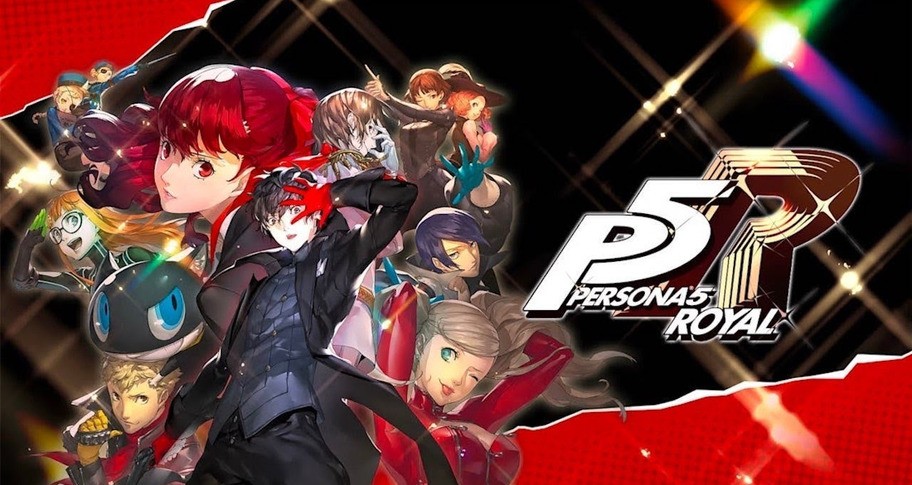
The recent Sega sales data leak has exposed some eye-opening truths about the downside of PlayStation exclusivity, particularly in relation to one of the company’s most iconic titles: P5 Royal. According to leaked internal documents, restricting the game to Sony’s platform may have significantly hampered its sales—until it finally launched on other consoles.
Console exclusivity has long been a staple strategy in the gaming industry. Developers and hardware makers alike have used exclusive games to lure players into specific ecosystems. Franchises like Mario (Nintendo), Gran Turismo (Sony), and Halo (Microsoft) have historically served as major selling points for their respective platforms.
But the tide is turning.
📉 The Hidden Cost of Being PlayStation-Only
The leaked Sega sales report spans six years of internal data and shows a stark drop-off in Persona 5 Royal‘s performance when it remained locked to PlayStation.
The game debuted strong, selling 1 million units in the 2020 fiscal year. However, that momentum didn’t last. By 2022, annual sales had plummeted to just 350,000 units.
That all changed when the game went multi-platform.
Once Atlus and Sega launched P5 Royal on Xbox, Nintendo Switch, and PC, the floodgates opened. The game has sold over 1.5 million units per year for the past three years. As of 2025, it stands as Atlus’ best-selling title of the past decade, with more than 7 million total copies sold.
🔄 A Shift in Strategy Across the Industry
Sega is far from alone in reassessing its exclusivity strategy. Microsoft has begun porting once-exclusive franchises like Gears of War to other platforms, while Sony has slowly embraced the PC space with titles like God of War and Spider-Man.
More often, publishers are adopting “timed exclusivity” deals—games release on one platform first, then launch elsewhere after a few months. It’s a compromise that allows console makers to promote platform-specific content, without strangling the long-term sales potential.
📊 Data Doesn’t Lie
The implications from this leak are clear: while exclusivity might boost short-term hype, it can limit overall reach and revenue potential. In an increasingly global and platform-agnostic gaming market, players expect access—regardless of hardware.
If P5 Royal had launched on all platforms from day one, it may have reached its sales peak far earlier. For Sega and other publishers, the data makes a compelling case for platform inclusivity.
Sega’s leaked figures serve as a stark reminder that in today’s gaming ecosystem, walled gardens often hurt more than they help. With millions of players across Xbox, Nintendo, and PC ecosystems, limiting games to a single console isn’t just risky—it may be financially irresponsible.
For developers, publishers, and fans alike, the message is simple: exclusivity isn’t the future—accessibility is.